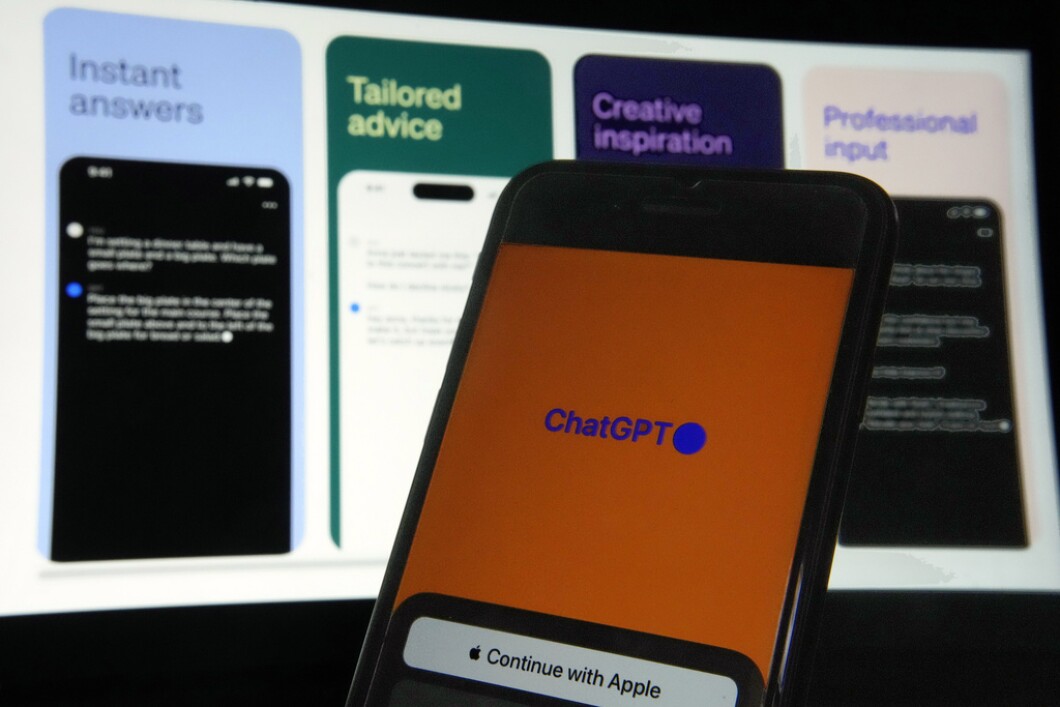
The Senate is set this week to begin addressing the tension between using images and data to train artificial intelligence and existing copyright law.
The conflict with copyright law is one of the most serious of the numerous legal and technological problems that AI presents to the United States and that Congress is scrambling to tackle with legislation.

THE FIGHTS THAT LAY AHEAD IN CONGRESS WITH DEBT CEILING IN REARVIEW
“The Senate must deepen our expertise in this pressing topic,” Senate Majority Leader Chuck Schumer (D-NY) wrote in a letter Tuesday announcing a new series of hearings on the subject. “AI is already changing our world.”
Models such as OpenAI’s ChatGPT and the image generator Midjourney draw from huge sets of text and images to generate responses and pictures. In doing so, they risk running afoul of law both in accessing data and in generating output that could be derivative of existing works.
The Senate Judiciary Committee is scheduled on Wednesday to host the first of several hearings on AI and intellectual property. This one will deal with “Patents, Innovation, and Competition.” The hearing will feature professors from the University of California, Los Angeles and Laura Sheridan, Google’s head of patent policy.
Following an explosion in AI-generated content in recent months, officials have rushed to update existing policies for the new era.
The U.S. Copyright Office established new guidelines in March for whether an AI-generated image could be copyrighted. The office concluded that users are not entirely in control of what AI image generators generate and may unintentionally draw on inspiration from copyrighted material in the database used to train an algorithm. Accordingly, copyright claims would depend on what text prompt was filed and what it asked for. For example, a user could tell Midjourney to create an image resembling a Vincent Van Gogh painting but would not be allowed to copyright it because it is a derivative of Van Gogh.
The courts are attempting to parse out the specifics of how to handle such copyright cases. The AI art generators Stable Diffusion and Midjourney were targeted in a January 2023 lawsuit by a series of artists who alleged that the bots had infringed the rights of millions of artists. Getty Images also filed a suit against Stable Diffusion’s developer to seek compensation for using Getty Images within their database to train the model without consent.
CLICK HERE TO READ MORE FROM THE WASHINGTON EXAMINER
Other countries have also adopted different approaches to the matter. Japanese lawmakers decided on Monday that using data sets for training AI models did not violate its copyright laws. This will allow the companies to use public data without seeking consent or permission from the data’s original owners. The conflicting copyright laws on the matter could make it hard for AI companies to train their models properly while operating in the international marketplace.
Copyright isn’t the only matter being considered by lawmakers in the U.S. Congress is considering how to regulate a multitude of functions. Schumer announced plans to host several new hearings for senators only over the summer to help them understand the issues, including how the military uses the technology. He is also working with several offices and experts to create a comprehensive framework to regulate the technology.





